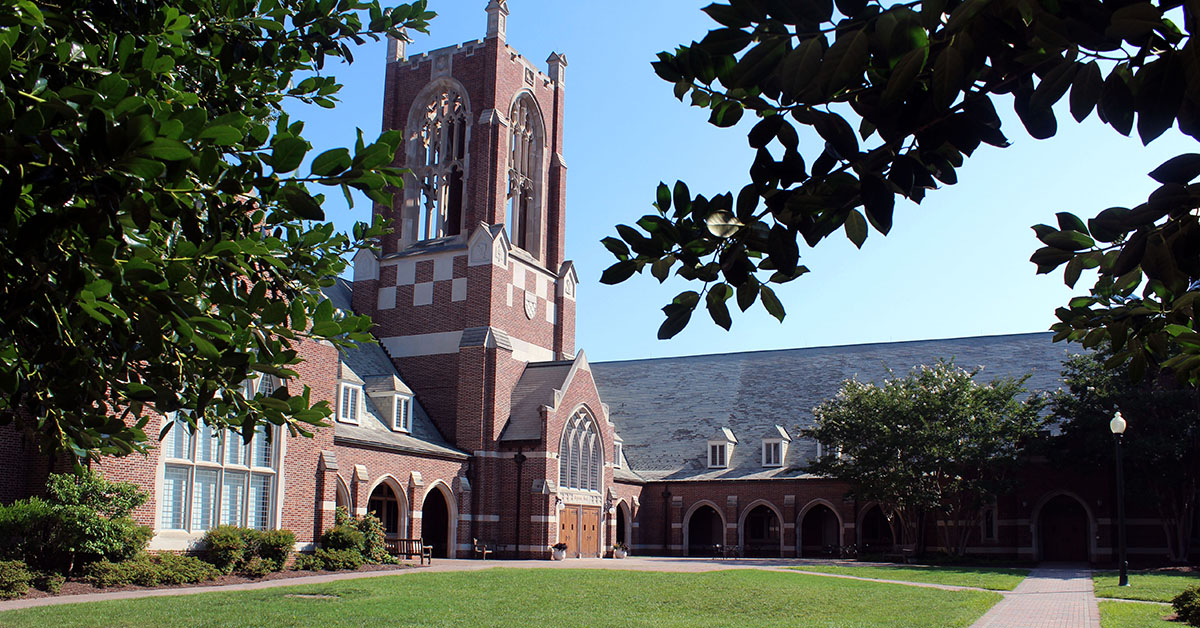
A recent College Gazette ranking, citing higher education experts Howard and Matthew Greene, included the University of Richmond as number seven among the “Hidden Ivies.” This came as little surprise to me, as I have witnessed the University’s upward trajectory during my 13-year tenure as Dean of the Jepson School of Leadership Studies. UR was strong academically when I arrived in 2007, and we have added faculty and programs since then. But what least surprised me in this ranking was the conclusion that the Jepson School is the “jewel in the crown” of the University’s academics. Well put.
What makes the Jepson School such a jewel? On all margins, we excel. Our students, faculty, and alumni are exceptional. Our curriculum is a fascinating mix of liberal arts applied to a common set of leadership questions. And we never sit still: we are constantly evolving and innovating, never taking our position as “jewel” for granted.
Students, faculty, alumni—Every year, our students realize that to change the world for the better they must learn theories and models of leadership, critical thinking, and leadership ethics. They are eager to learn, and our faculty are eager to teach. Faculty challenge students with facts and analyses, theories, and current research. They publish at astounding rates, with recent examples including Oxford Press single-authored books and peer-reviewed articles in journals such as Science. Some have attained public status, appearing on Netflix and 60 Minutes. Our alumni have achieved leadership success in business, finance, healthcare, the arts, sports, nonprofits, and elsewhere, demonstrating my adage that leadership is needed (now more than ever) in all walks of life.
Liberal arts applied to leadership questions—This is the exciting approach we take at the Jepson School. Leadership is such a complex phenomenon that it must be studied using multiple perspectives, disciplinary lenses, if you will. At Jepson, we divide these disciplinary lenses into historical perspectives—leadership as it was; social sciences—leadership as it is; and ethical perspectives—leadership as it should be. We invite students to understand that leadership is situated within social, economic, and institutional contexts. We ask them to consider how the contexts frame, constrain, and alter the behavior of leaders and followers.
Constant innovation—No school can remain the “jewel” forever without constantly upping its game. While we were at the forefront of the adoption of experiential education, for instance, those pedagogical innovations have since been replicated throughout higher education. The faculty at Jepson have accepted the call to continue to innovate. One such innovation is the creation of our Science Leadership Scholars Program, which takes the idea of leadership into the largely unexplored area of science education. This type of pioneering thinking keeps the Jepson School as the premier example of leadership education in the country.
It has been my joy to lead the School into its second quarter century!
